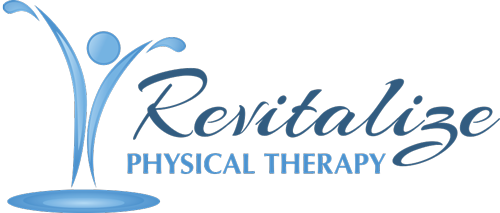
Traditionally, most athletes and personal trainers promote the concept of more is better. Drink before, during, and after workouts, regardless of what thirst dictates. However, in a recent article in The Washington Post, author Ariana Eunjung Cha (July 1, 2015, refer to link) encourages readers to challenge their previous assumptions in light of important recent research.
Exercise-associated hyponatremia is a dangerous condition that may develop up to 24 hours after a heavy workout. It is characterized by decreased sodium ion concentration in the blood due to hyperhydration. Sodium is an electrolyte which helps maintain the proper amount of water in the blood and cells. Excessive water intake can shift the delicate fluid balance and create an environment where, relatively speaking, there are fewer (“hypo-“) sodium ions (“natremia”). If the kidneys are unable to restore homeostasis through healthy mechanisms (such as urinating or sweating) the excess water can result in swelling throughout the body, including the brain (which in turn can result in seizures, coma, or death).
Too much of ANYTHING is not good- In fact, studies have shown that hyponatremia can occur even if one’s beverage of choice is a sports drink (as opposed to water)[i]. Drinking any fluid simply for the sake of “playing it safe” puts an individual at risk of developing exercise associated hyponatremia (EAH). In a 2013 study that analyzed ultramarathoners in Northern California, researchers discovered that 15.1% of participants demonstrated EAH and 18.5% of marathon finishers were dehydrated at the finish line compared to 34.9% who were overhydrated[ii].
For those of you who recall from chemistry class that the formula for salt is NaCl (sodium chloride), you may be thinking that an appropriate solution to combat hyponatremia would be to ingest large amounts of salty food prior to a marathon. While I applaud your creativity and knowledge, research has shown that this, unfortunately, is not an appropriate preventative measure against EAH. However, “early recognition and field management with oral hypertonic saline (salt water) in combination with fluid restriction can be effective treatment for mild EAH[iii].” Therefore, the best advice I could offer you, dear reader, is advice that I find myself telling patients regularly. TRUST YOUR BODY. Follow your internal regulatory drives. When your hypothalamus is telling you that you are thirsty, THAT is the appropriate time to drink. By respecting your innate needs and listening to the messages that your body is sending you, you can help maintain fluid balance which will enable you to exercise in health.
[i] Almond CS, Shin AY, Fortescue EB et al. (April 2005). Hyponatremia among runners in the Boston Marathon. N. Engl. J. Med. 352 (15): 1550–6.
[ii] Hoffman MD, Hew-Butler T, Stuempfle KJ. Exercise-associated hyponatremia and hydration status in 161-km ultramarathoners. Med Sci Sports Exerc. 45 (4): 784-91.
[iii] Hoffman MD, Myers TM. Symptomatic exercise-associated hyponatremia in an endurance runner despite sodium supplementation. Int J Sports Nutr Exerc Metab. June 9, 2015.


